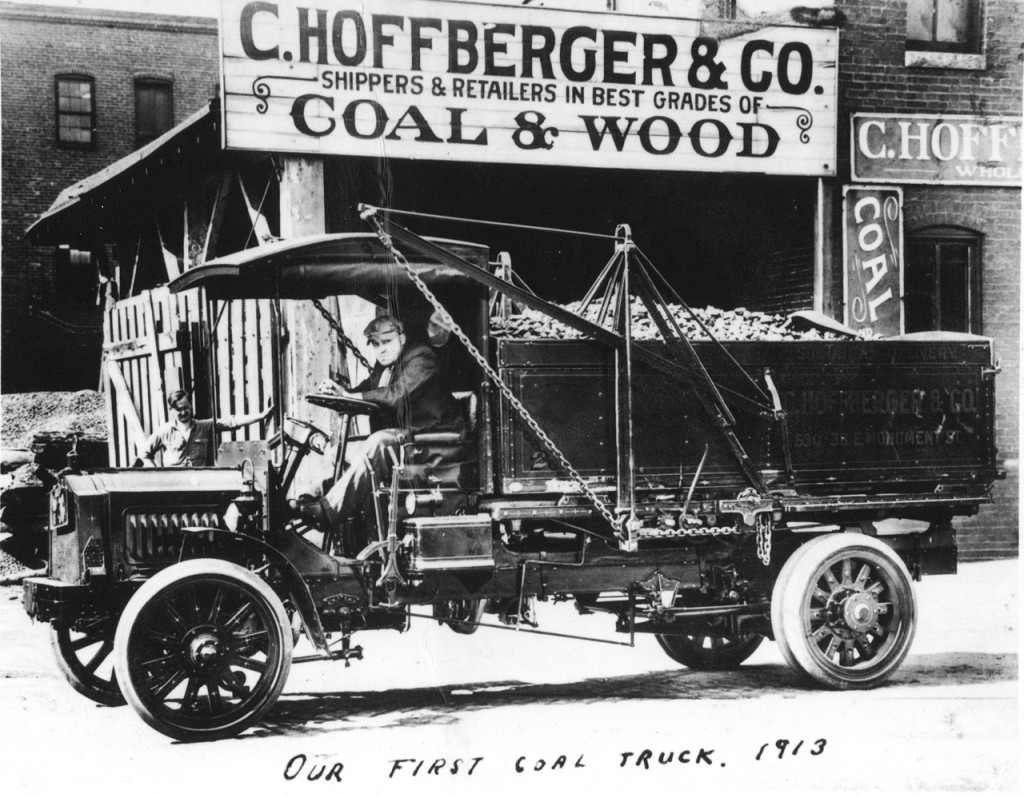Hoffberger Family’s Legacy of Giving is Bound by Two Pandemics

Fourth generation Hoffberger family members gathered in April to begin the final phase of their foundation’s strategic planning process that started nine months ago with GMA Foundations consultant Amy Shorey. The world has changed since then, yet the themes that connect current trustees with previous generations of their family, and with the communities they love, have not.
Seven Hoffberger brothers formed the family’s philanthropy in 1941 to honor the legacy of their parents, Charles and Sarah Hoffberger, who emigrated to Baltimore in the 1880s. The family’s history is tightly interwoven with that of the City.
Hoffberger Foundation president Alison Fass opened the meeting, recalling how their forebears endured the 1918 pandemic and went on to thrive and achieve financial success. Rooting the 80-year old foundation’s current strategy in historic context and in the founders’ spirit of generosity, Fass urged the board to respond to the COVID-19 crisis by making “significant sacrifice.”
Ms. Fass’ opening remarks serve as a reminder of the power of family giving and the inspiration that comes of storytelling:
“So, here we all are assembled in a way that years ago would have seemed unusual but today is the norm.
During the last pandemic that ravaged the globe in 1918, the seven Hoffberger brothers ranged in age from about 21 to 34 years old. Their father, Charles, had already died and their mother, Sarah, was 58 years old. We do not know what it was like for them and their families, but we can imagine they may have experienced some of the same reactions we are having today.
We know Baltimore was hit hard by the 1918 pandemic and that, after some denial of the seriousness of the disease, social distancing was required. Large gatherings were banned, public schools closed first, then the private ones followed. In the city, the laborers were the first to become sick, bringing the illness home to their families. The immigrant and African American populations were hit the hardest although death was not limited to those groups. It was a much shorter quarantine than what we are experiencing, but the fear in the community and stress on the medical systems were similar.
All seven brothers and Sarah survived this pandemic. We can hope and believe they did what they could to help their neighbors in need. What we do know is that the financial success they went on to achieve is what allows us to sit here today 102 years later, each of us alone but together. We must respond to our pandemic, COVID-19, with the resources that Sarah, Charles, their sons, and cousins left for us.
I have been learning about how some other foundations are reacting to the overwhelming needs that this pandemic has both revealed and created. We know the most vulnerable programs that help the most vulnerable populations may not survive. Many people are making significant sacrifices, and we should too. The purpose of this foundation is not to make money; it is to help people. If that is really what is important to us then we may need to look at things differently than we have in the past.
I hope that when we hear from Amy about the strategic plan’s progress, we keep in mind the extraordinary times that we find ourselves in, and the reality that the impact on people, our community, will be long lasting.”
With these words, Alison Fass set the tone for the Hoffberger Foundation’s April 2020 planning discussion. This moment too will inform future generations in their giving decisions.
The views and opinions expressed in individual blog posts are those of the author(s) and do not necessarily reflect the official policy or position of the National Center for Family Philanthropy.
